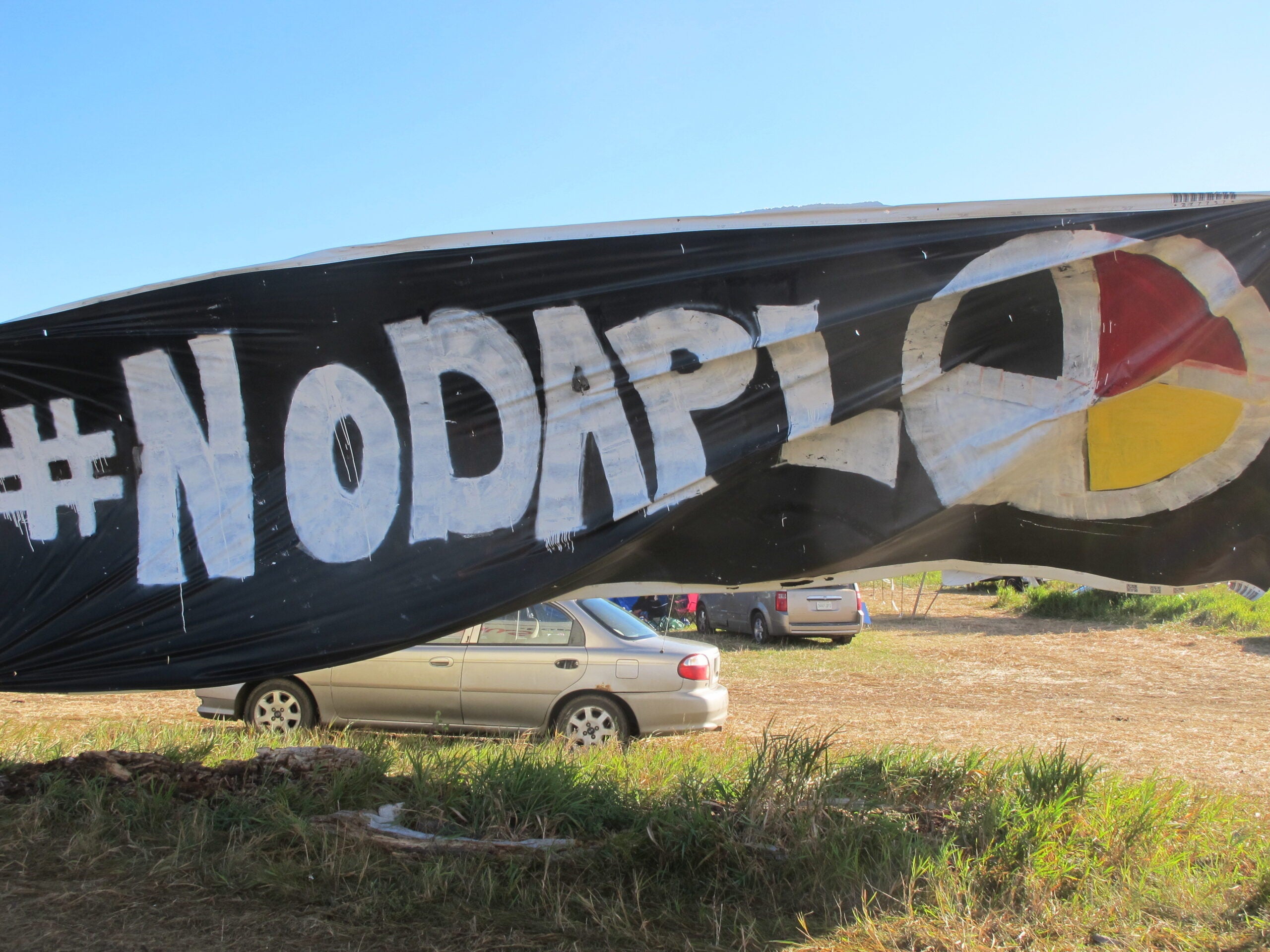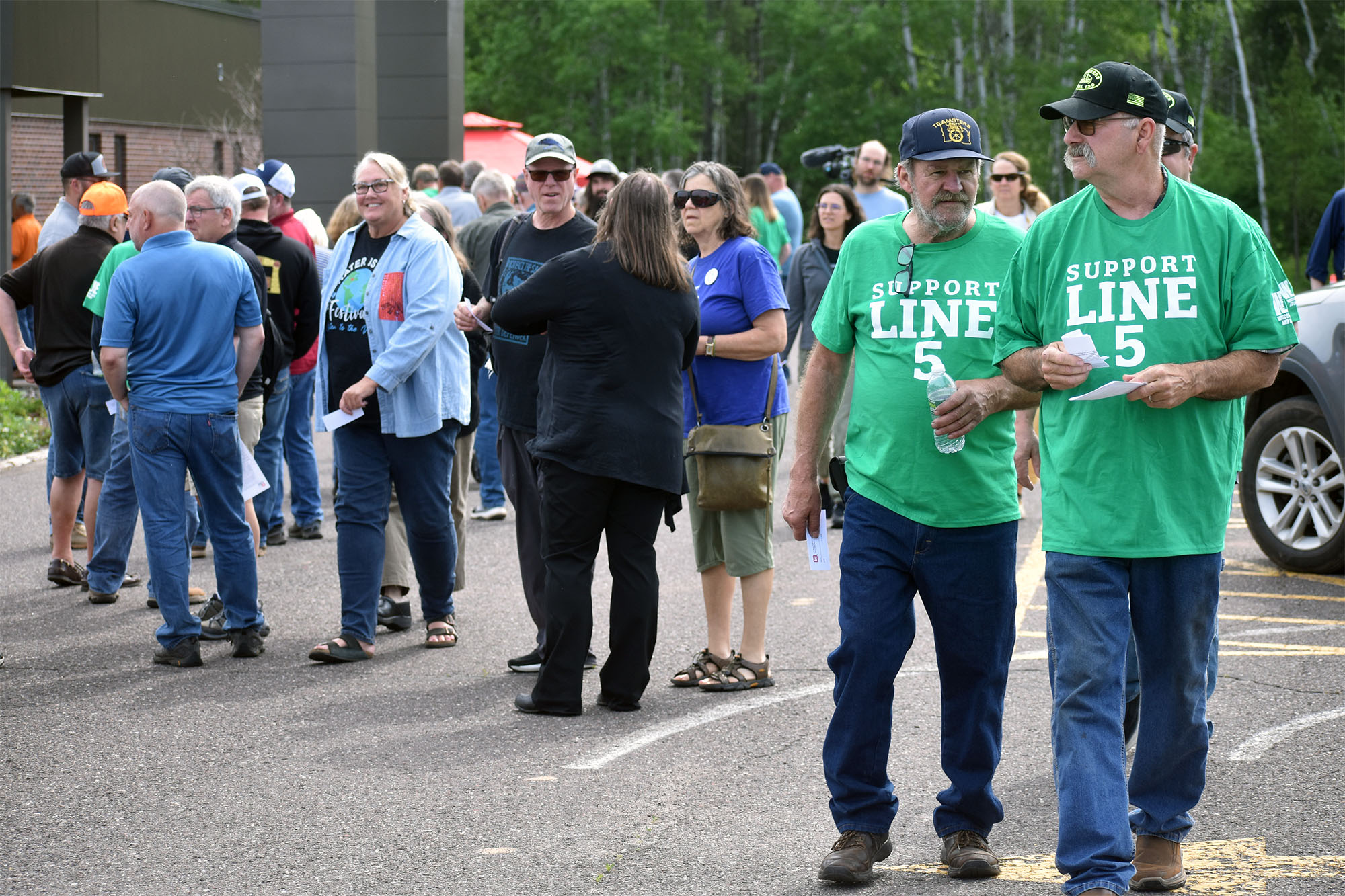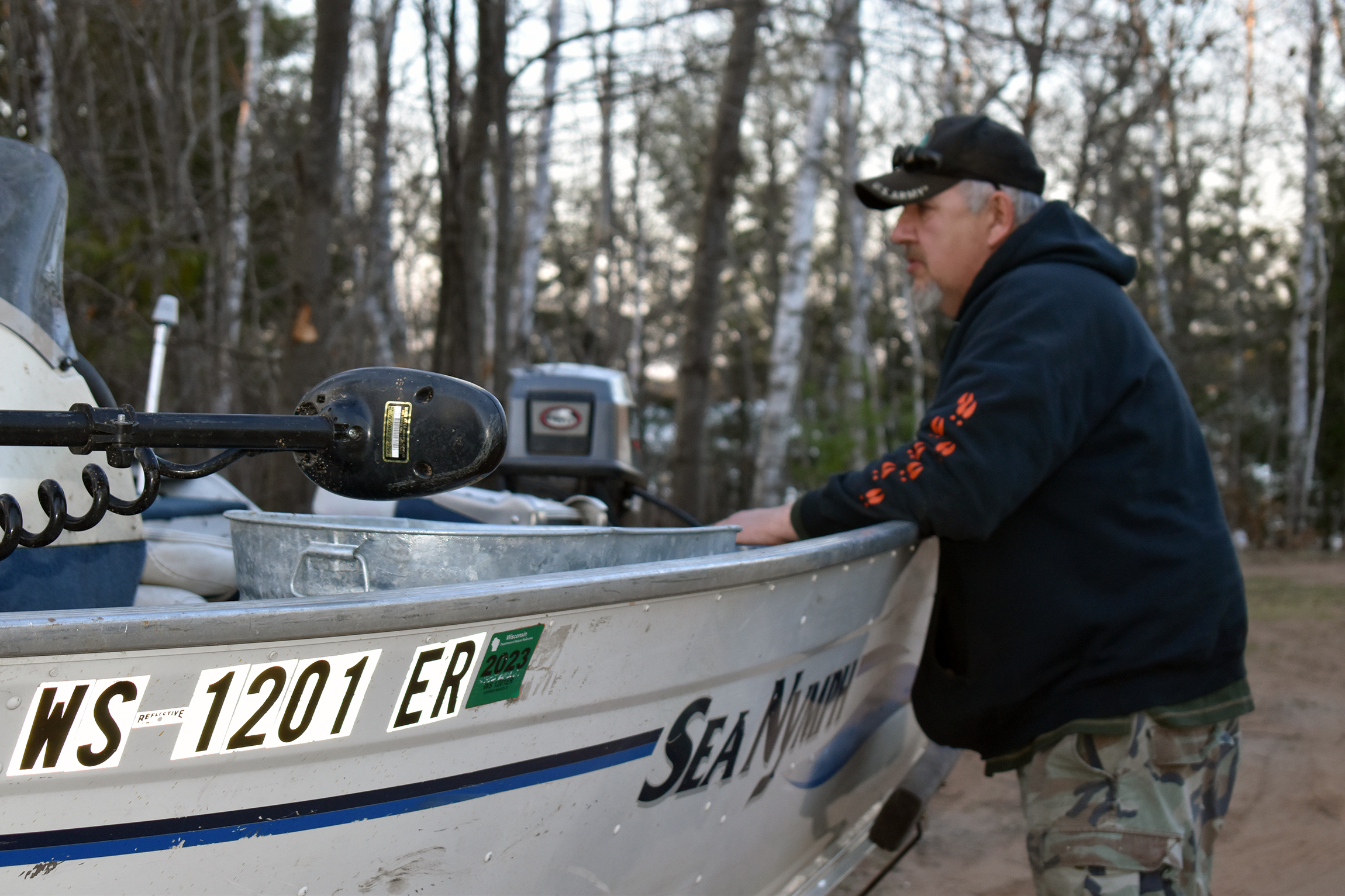One of college basketball’s most well-known Native American players is heading to North Dakota to join the Standing Rock Sioux Tribe this weekend.
Senior University of Wisconsin-Madison point guard Bronson Koenig said he wants to show his support for the tribe’s fight against the $3.8 billion Dakota Access Pipeline project. The North Dakota tribe fears the project would harm tribal sites and waterways along the route.
Koenig said it’s his responsibility to be a role model for Native Americans on this issue.
News with a little more humanity
WPR’s “Wisconsin Today” newsletter keeps you connected to the state you love without feeling overwhelmed. No paywall. No agenda. No corporate filter.
“There’s not Native American LeBron Jameses or anything like that or Colin Kaepernick standing up for what he believes in, so I feel pretty much obligated to stand up for what I believe in and for my people who have been oppressed for so long and almost put on mute and forgotten about to a lot of people,” Koening told WPR’s To the Best of Our Knowledge.
Koenig’s received support from coaches, players and fans, he said, and he’s not worried about any blowback on his game or how it may affect his chances of signing with a professional team.
Tribes from across the state are standing in solidarity with North Dakota tribes against the pipeline project that would stretch 1,200 miles from the Bakken oil fields to Illinois. Tribes fear the the pipeline will harm waterways and threaten historical artifacts. The route goes through North Dakota, South Dakota, Iowa and Illinois.
Protesters from across the country have camped out near a construction site and in prairies covered with tepees, RVs and tents, according to NPR.
Last Friday, a federal judge rejected a request from the Standing Rock Sioux Tribe to stop construction, but President Barack Obama’s administration later stopped construction on federal land and asked the company, Energy Transfer Partners, to voluntarily stop construction within 20 miles of the portion on federal land, NPR reported.
Wisconsin Public Radio, © Copyright 2026, Board of Regents of the University of Wisconsin System and Wisconsin Educational Communications Board.



